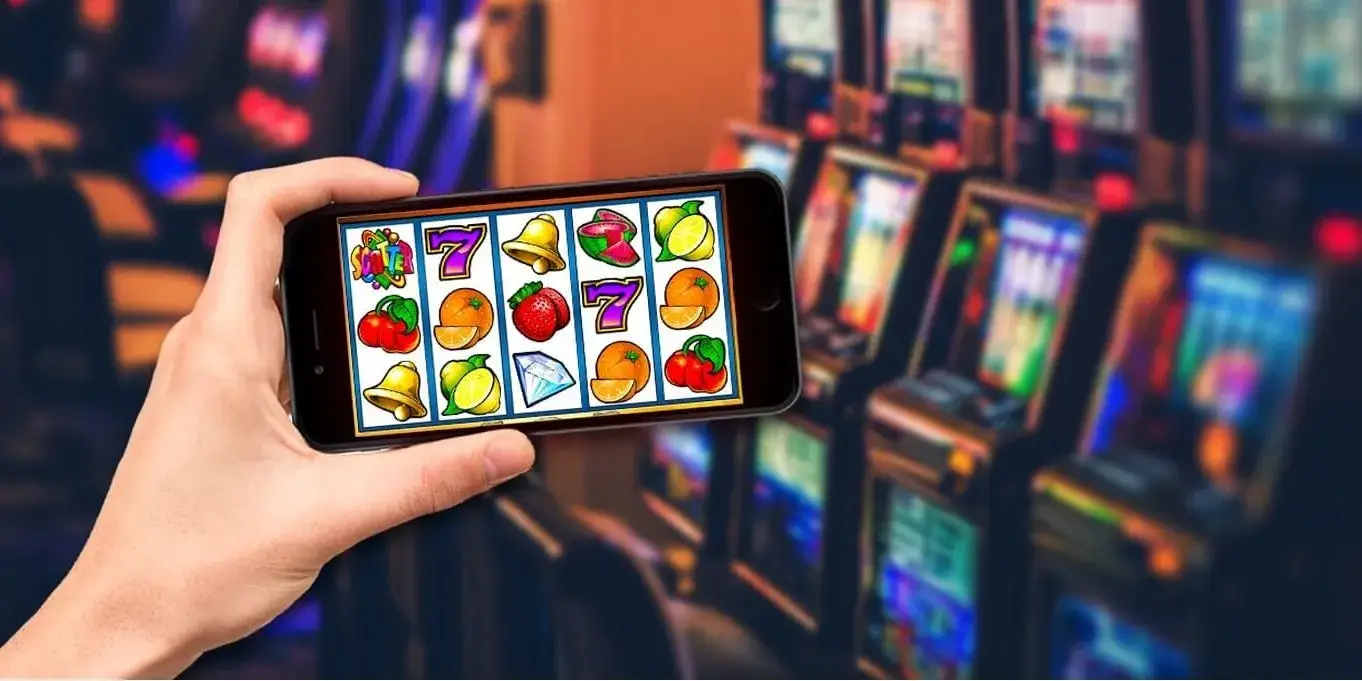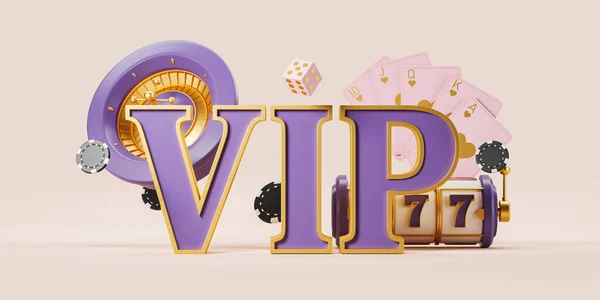Any online casino claiming to have a license must specify the registration number and jurisdiction on the main page of the website or in the “About Us” section. The first step is to verify this information through the official registry. The ways to check an online casino license start with viewing the details of the document: number, date of issue, jurisdiction, operator’s name.
In practice, legal platforms licensed in Malta (Malta Gaming Authority), the UK (UK Gambling Commission), Curacao (Curacao eGaming), Gibraltar, or the Isle of Man provide a direct link to the registry card. Clicking on it opens the regulator’s page with the service name, validity period, status (active / revoked), and legal entity information.
Fake platforms falsify numbers or insert screenshots instead of a link. Such deception is easily exposed — the regulator’s official website instantly refutes the authenticity. Therefore, precise ways to check an online casino license involve only accessing an independent source, not viewing a PDF file.
Ways to Check an Online Casino License: Jurisdiction Geography and Legislative Features
The license jurisdiction is a key parameter of a platform’s reliability. For example, Malta and the UK apply strict laws on player protection, fairness of algorithms, and accountability for non-payments. Curacao and Costa Rica are more lenient towards operators, allowing fewer checks, although they are also recognized jurisdictions.
Ways to check an online casino license involve understanding the level of jurisdiction protection. For instance, the UK regulator allows tracking all complaints, sanctions, and license suspensions in a public section. The MGA offers a similar open API and a database updated daily. A platform that conceals its registration country likely does not have a license at all.
Additionally, when checking, it is important to consider how the jurisdiction interprets the casino’s responsibility. In some countries, such as Germany, platforms bear tax and legal responsibility for client actions, including measures to combat addiction and money laundering. This adds weight to the legality assessment.
Documentation and Terms on the Website
Ways to check an online casino license also include studying legal documents posted on the website. The Terms & Conditions section, as well as the Privacy Policy, indicate the company name, registration number, registration country, license link, and contact information.
Legal online casino websites must include:
- Full details of the platform owner.
- Regulator link and complaint form.
- Payment terms, bonus policy, verification deadlines.
If the conditions do not mention the license or it is abstractly stated (“licensed by an international regulator”), this is a sign of illegitimacy. Server anonymity and the absence of a physical address are also fake markers. The formal document must comply with jurisdiction requirements. For example, Malta requires mandatory GDPR provisions, while Curacao mandates KYC and AML policies.
Support Service and Inquiry Behavior
A direct request through live chat or email to the support service is an important tool. Ways to check an online casino license through this channel provide information on the platform’s readiness to openly cooperate. Reliable platforms immediately provide:
- License number and regulator link.
- Compliance manager contact.
- Answers on AML and KYC procedures.
If the operator ignores the question or responds evasively, it is advisable to refrain from registration. Also, pay attention to the communication style — legal casinos train support to strictly follow procedures without engaging in manipulation. At this stage, many players identify fake platforms, especially those claiming a Curacao license but unable to provide a number or card.
Sanctions and Complaint History
Regulators like UKGC or MGA publish information on sanctions, license suspensions, and legal cases. Ways to check an online casino license always involve examining the history of disciplinary measures.
For example, the MGA registry provides the full chronology of sanctions since 2019: suspensions for payment delays, information concealment, law violations. UKGC publishes reports with specific fine amounts, director names, and reasons for sanctions. This allows assessing not only the current license status but also the platform’s behavior in previous periods.
To analyze, simply enter the casino name or license number in the registry. In the case of illegal platforms, such data is absent or present under a different name.
List of Legal Casinos
One reliable way to check an online casino license is to use the official list of licensed platforms. For example:
- UK Gambling Commission — https://register.gamblingcommission.gov.uk
- Malta Gaming Authority — https://www.mga.org.mt/licensee-register
- Curacao eGaming — https://www.curacao-egaming.com
- Gibraltar Gambling Commissioner — https://www.gibraltar.gov.gi
The check is done by the platform or legal entity name. The page displays the license number, validity period, issue date, type of gambling activity (interactive betting, live casino, etc.). Inclusion on this list is a key authenticity marker.
Ways to Check an Online Casino License and Player Protection Policies
The technical analysis side includes examining SSL certificates, domain origin (via WHOIS), server response speed, and hosting country. Ways to check an online casino license at this level also involve evaluating algorithm transparency: the presence of public reports on RNG (random number generator) fairness, certification from independent auditors like iTechLabs or eCOGRA.
Also important are:
- Responsible gaming policy.
- “Complaint” section with a feedback form.
- Ombudsman or compliance officer contacts.
Platforms licensed by the UK or Malta are required to publish quarterly reports on player protection. Their absence is a clear sign of falsification. Additionally, genuine licensed platforms integrate self-exclusion functionality, deposit limits, and gaming session timers.
Conclusion
Ways to check an online casino license vary from document review to contacting support and analyzing the site’s technical infrastructure. Only a comprehensive approach guarantees protection against deception, access to legal support, and the ability to withdraw funds legally. Ensuring the authenticity of the certificate means ensuring fair play, rights compliance, and payment stability.
 en
en  ru
ru  de
de  ar
ar  es
es  hi
hi  fr
fr  nl
nl  it
it  pt
pt  el
el 











